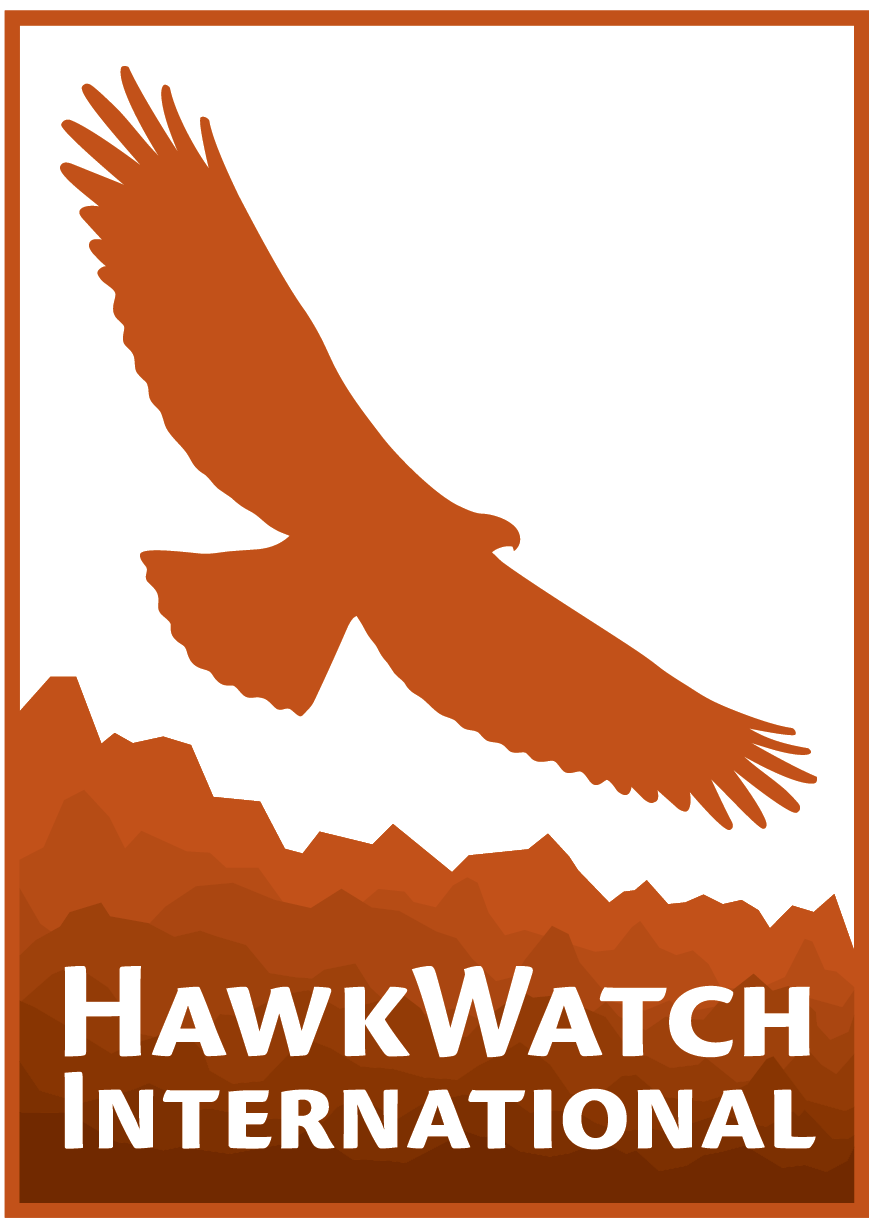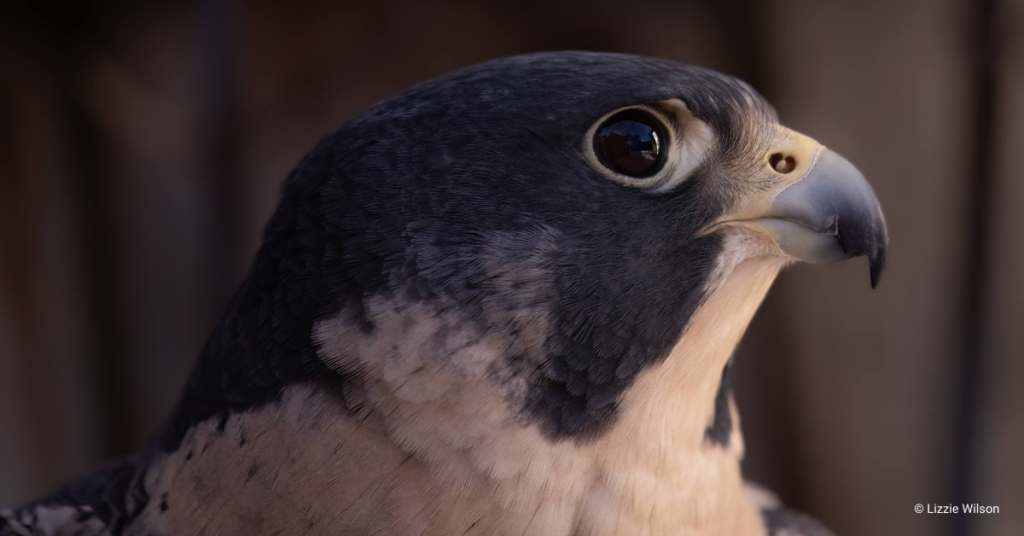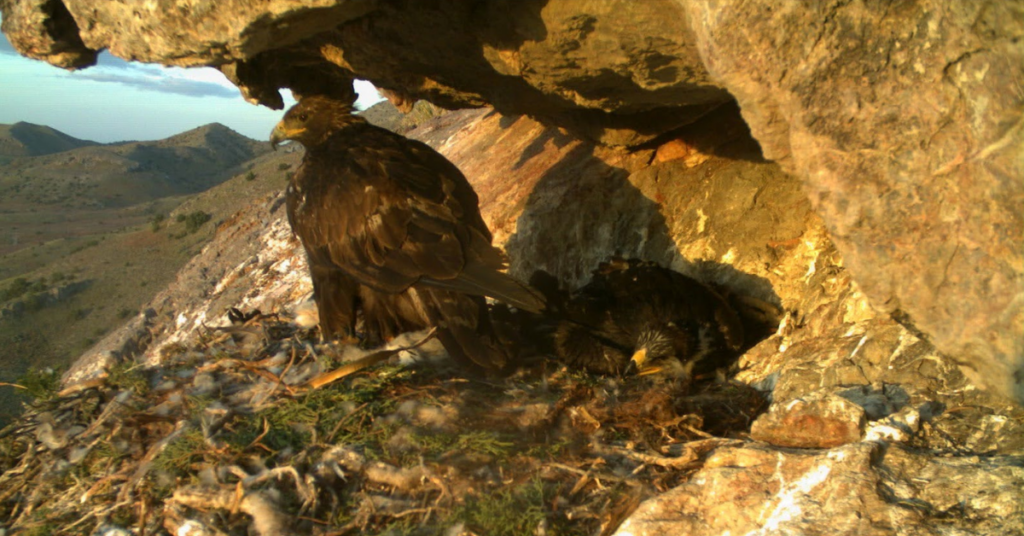Just as we all began to allow a collective sigh of relief as the worst of COVID-19 appears to be behind us, those of us in the bird world have another virus to deal with: highly pathogenic avian influenza. As we head into the busy spring and summer nesting season, our team will be taking a number of precautions to protect the wild birds we study and the Raptor Ambassadors we work alongside to educate the public about birds of prey. Read on to learn more and for tips on how to keep the birds in your life safe.
What is HPAI?
Highly Pathogenic Avian Influenza (HPAI), sometimes referred to as the bird flu, is a highly transmissible disease that impacts birds, particularly waterfowl and poultry. Because many species of raptors will feed on these types of birds, raptors are also highly susceptible. Even worse, raptors often do not show signs of the disease until they are on the brink of death—a common fate for infected birds.
Unfortunately, HPAI cannot be diagnosed based on clinical symptoms alone as its symptoms mirror other diseases. These symptoms include:
- Sudden unexplained death
- Swelling, discoloration, or sores on face or feet
- Lethargy and dizziness
- Twisted neck or drooping wings
Luckily, over the course of the last two years, we’ve all learned a thing or two about highly transmissible viruses. Much of what applied to COVID-19 applies to HPAI so our team has been able to expeditiously amend its procedures to keep raptors safe.
How Can We Work Together to Keep Raptors Safe?
HPAI can be transmitted through saliva, mucous, feces, air particles, and surfaces. It can also survive on surfaces for up to 48 hours, raising the risk of transmission. For this reason, HWI’s teams will be wearing PPE (gloves, masks, eyewear) when working with wild raptors this spring and summer. We’ll also be sanitizing all of our research equipment, including our own clothing and vehicles. If equipment cannot be cleaned appropriately, we will dispose of it.
Because our Raptor Ambassadors do not interact with other birds, the risk of transmission to them is low and does not warrant our team wearing PPE. However, volunteers and staff who work with our Raptor Ambassadors will still sanitize all equipment and take care to wear freshly cleaned clothing and shoes to prevent the spread.
How Can I Keep My Birds (and Myself!) Safe?
To keep your own birds safe, we recommend following the procedures we are following for our own birds, including changing your clothes and sanitizing any equipment after working with your birds, particularly if you have different groups of birds (e.g. backyard chickens and indoor parrots).
Although HPAI poses a significant risk to birds, the strain currently circulating in the United States poses minimal risk to humans. That said, it is still important to be aware of this virus and its potential impact. Symptoms of HPAI in humans are very similar to other influenza viruses. If you experience these symptoms after interacting with birds, you should contact a healthcare professional immediately.



